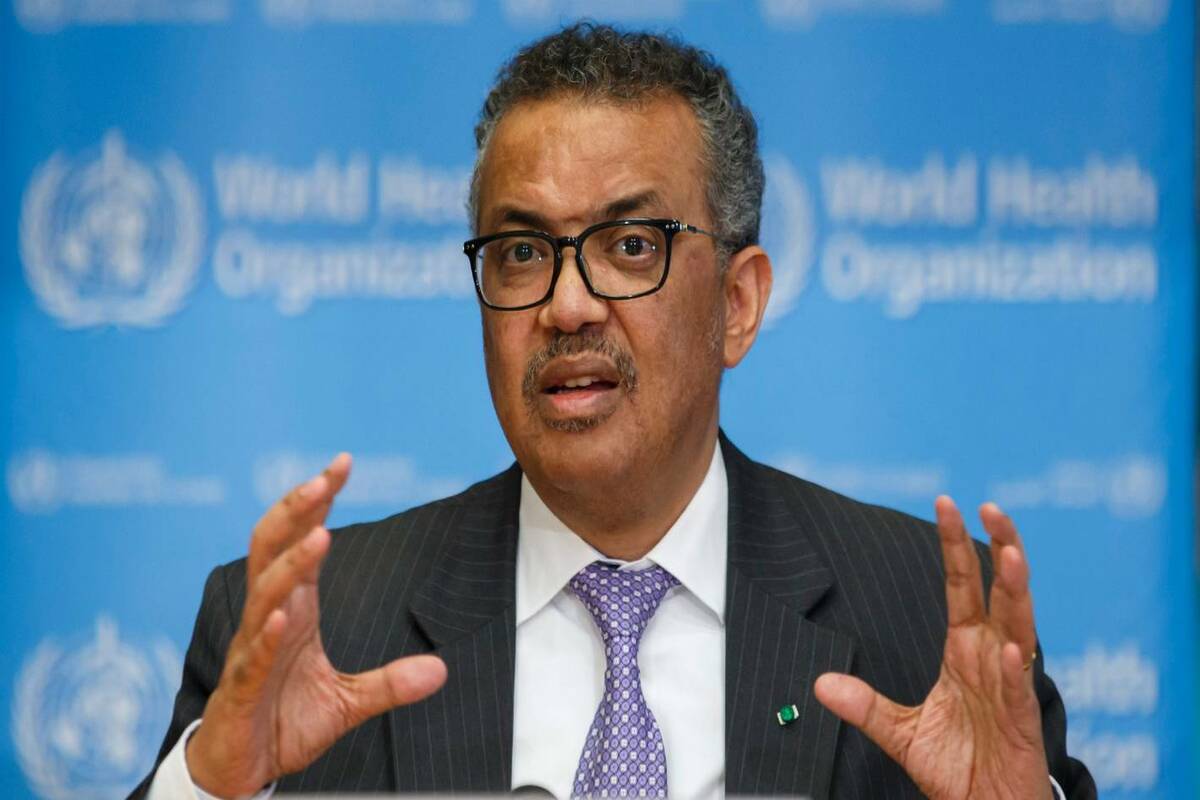- The World Health Organization declares a global emergency for the monkeypox outbreak.
- The declaration could spur further investment in treating the once-rare disease.
- Monkeypox has been established in parts of central and west Africa for decades.
WHO declared on Saturday that the spreading monkeypox outbreak in more than 70 countries; is a “extraordinary” situation that now qualifies as a global emergency. This declaration may encourage additional funding for the once-rare disease’s treatment; and exacerbate the competition for limited vaccine supplies.
Monkeypox has existed in some areas of central and west Africa for decades, but until May; when officials discovered dozens of infections in Europe, North America, and other places; it was not known to cause significant outbreaks outside of the continent; or to spread significantly among humans.
[embedpost slug=”who-declares-monkeypox-a-global-emergency”]
When a worldwide emergency is declared, it signifies that the monkeypox epidemic is a “exceptional occurrence”; that may spread to other nations and necessitates a coordinated international response. For public health emergencies like the COVID-19 pandemic; the 2014 West African Ebola epidemic, the Zika virus in Latin America in 2016; and the continuing campaign to eliminate polio, WHO has already proclaimed emergencies.
The emergency declaration mainly acts as an appeal to focus more resources and attention; on an epidemic on a worldwide scale. Given that the U.N. health agency is virtually unable to persuade nations to take action; previous statements had a mixed reception.
[embedpost slug=”world-health-organization-to-reconvene-monkeypox-emergency-panel”]





















